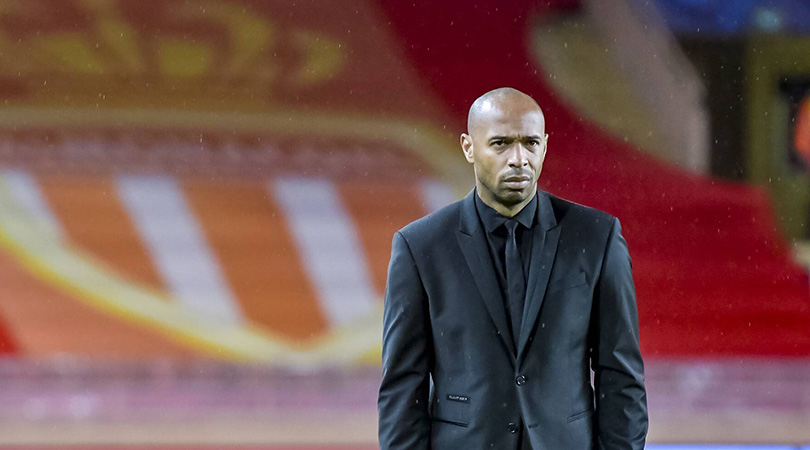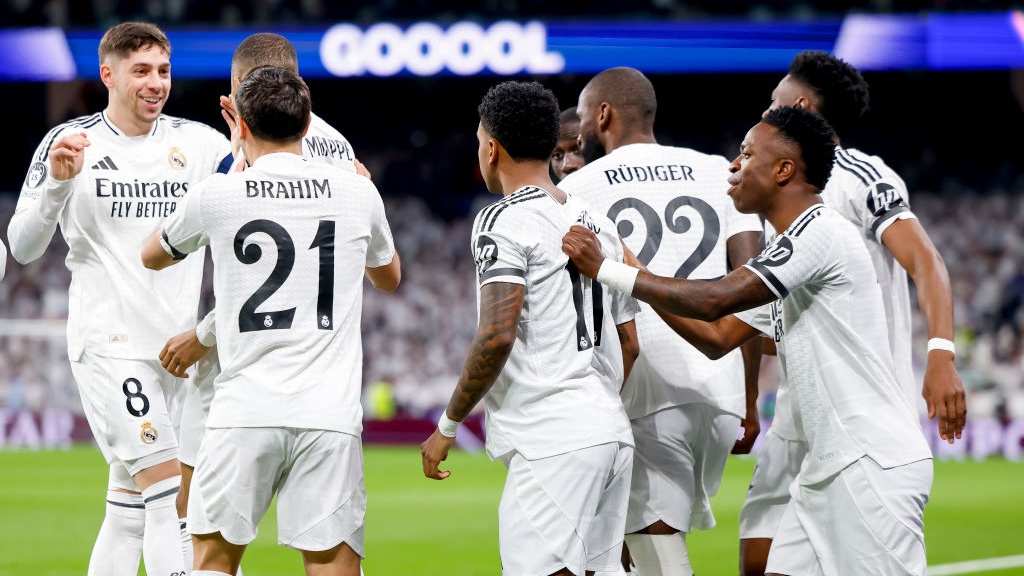How Chelsea's Ross Barkley became the most surprising success story of the season – for club and country
Antonio Conte didn’t fancy him, and the summer arrival of Maurizio Sarri only looked to make things worse. And yet...
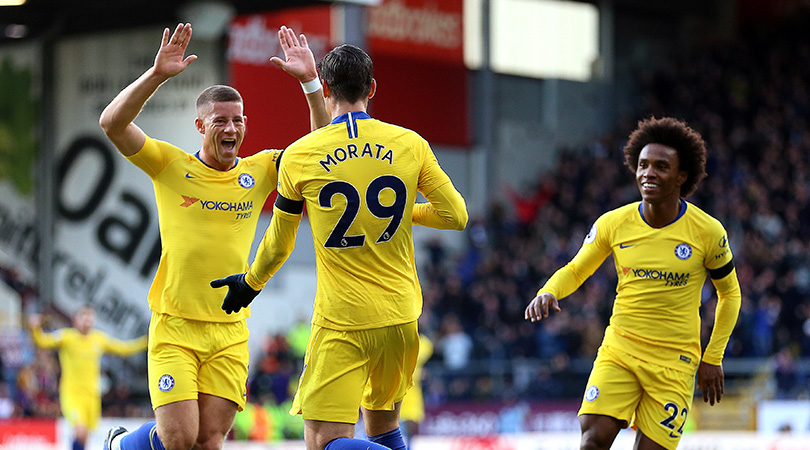
Managerial short-termism can often make life difficult for Premier League players. New managers arrive with their own philosophies, shopping lists, and then the budgets to buy their favourites.
They may be predisposed against blooding young players for fear of them making mistakes that create pressure upon their own position. They may toss away the players they inherit in favour of signing others on longer contracts than their own shelf life. The potential result is a bloated squad with a high wage bill.
And then there’s Ross Barkley. Signed by Chelsea in January, ostensibly because he filled a homegrown place in the squad and was available on the cheap with his contract expiring in the summer, the 24-year-old immediately looked unwanted at Stamford Bridge. Antonio Conte barely played him. Barkley was forced to watch on as England flourished at the the 2018 World Cup. He had not started a competitive match for his country since October 2015.
More of the same?
Life hardly looked more rosy after Maurizio Sarri succeeded Conte. Chelsea’s new manager had his transfer budget limited by uncertainty over Roman Abramovich’s continued ownership, but the Italian made no secret of the fact that central midfield was his priority.
Jorginho soon arrived from Napoli and Mateo Kovacic joined him from Real Madrid. Add in N’Golo Kante, and Chelsea arguably had the strongest midfield in European football. But where did that leave Barkley, bought by Sarri’s predecessor and already gathering dust on the shelf?
Three months on, the Merseysider has enjoyed a career revival. If Sarri promised that every player would be given a clean slate, Barkley and David Luiz are the two biggest winners at Chelsea. Both have been brought in from the cold to warm themselves in front of the fire.
Get FourFourTwo Newsletter
The best features, fun and footballing quizzes, straight to your inbox every week.
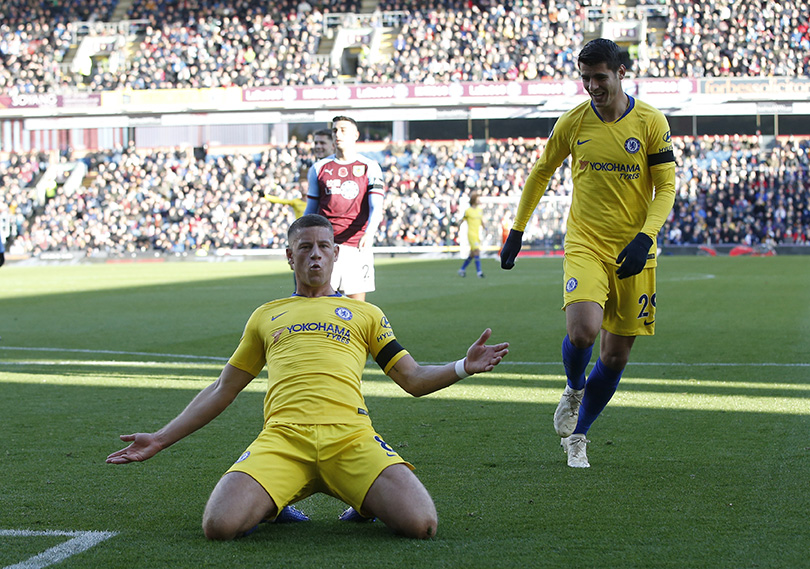
Having started two Premier League games in 2017/18 through a combination of injury and poor form, Barkley has played a part in 11 of Chelsea’s 12 Premier League matches this term. If Jorginho and Kante have (unsurprisingly) started every league game, Barkley has battled Kovacic, and beaten Cesc Fabregas and Ruben Loftus-Cheek, for the third midfield spot in Sarri’s 4-3-3.
SEE ALSO The sorry story of Cesc: how Fabregas became a sad victim of football’s changing times
Give and take
If Sarri deserves credit for his faith, Barkley merits the same for his perseverance. Not every player can adapt quickly to the Italian’s notorious demands. Sarri called Barkley the “complete” midfielder after Chelsea’s rout of Burnley, pointing out that he had never doubted the technical ability but had been impressed with how Barkley had quickly improved the defensive side of his game.
The knock-on effect is obvious. Last weekend, Barkley started England’s must-win Nations League game against Croatia. He also started in Rijeka against the same opponents and against Spain in Seville. Barkley’s four previous competitive starts for his country were against San Marino, Estonia, Lithuania and the World Cup dead rubber against Costa Rica in 2014. He has now started three in a row. The international career is back on track too.
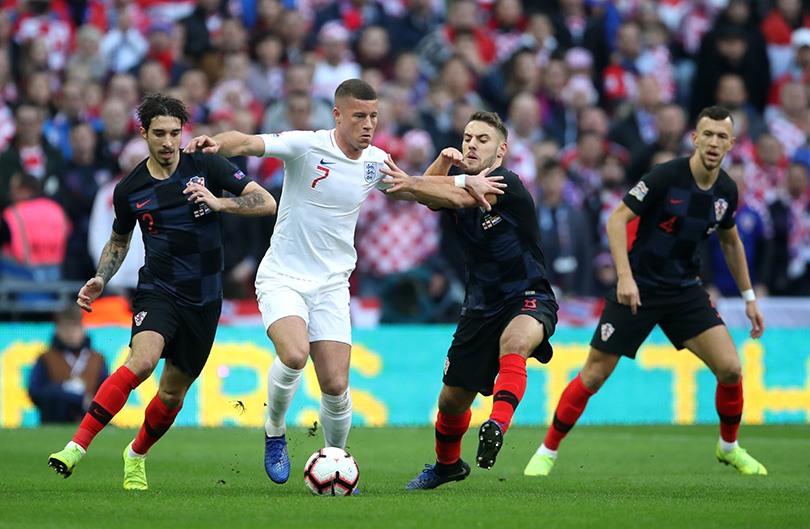
There is an argument that Barkley’s natural talent actually caused the stop-start nature of his career to date. The theory on Paul Gascoigne, whose name was mentioned when discussing Barkley in his formative years, is that he was too talented. The innate ability was so high that there was little which could be improved in Gascoigne’s game by training or practice. It produced a gap that Gascoigne filled with off-field activities.
Barkley suffered from strands of the same issue at Everton, where coaches didn’t want to stymie his talent with over-coaching. Actually, Barkley did need to be channelled and micro-managed. At Chelsea and under Sarri, one of the most famous micro-managers in the game, he has flourished.
It’s a hypothesis that Barkley himself subscribes to. “I believe that, if I did have that type of approach from a coach when I was younger, then maybe I would have improved a lot more,” he said last month. “Where I am right now is where I believe I should be.”
Play up
There’s also the competition around him. Barkley is at his best when he feels that he has a chance – most of his coaches would describe him as a confidence player – but also has enough competition for places around him to push him on and be his best. If that was not always the case at Everton, where he was continually vaunted as the next big thing, it is certainly now true with at Chelsea and England.
Nor too is Barkley’s game perfect. He still has a tendency to take four or five touches when one or two might suffice, a comfort blanket he has clutched tight for so long. Sarri is impressed by Barkley’s pressing – and who are we to doubt that? – but over time that will, and probably must, improve further.
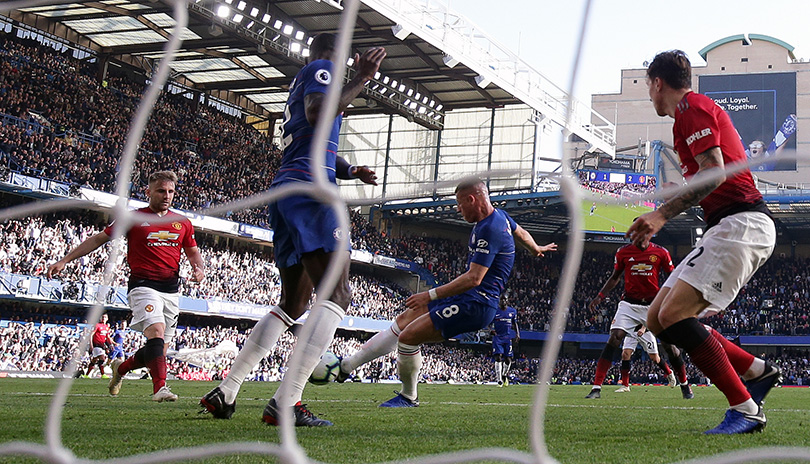
If Barkley already feels likes something of a veteran with Premier League experience over eight seasons and 163 matches, he is younger than Harry Kane. He has had plenty of hard knocks and setbacks for someone so young.
But through commitment, circumstance and eventual good fortune, he is now firmly on the right path to fulfilling his potential. That was almost unthinkable given his status at Chelsea six months ago.
Just another England good news story.
SEE ALSO Ben Chilwell shouldn’t be this assured at 21 – but he's the perfect embodiment of a new England mood
